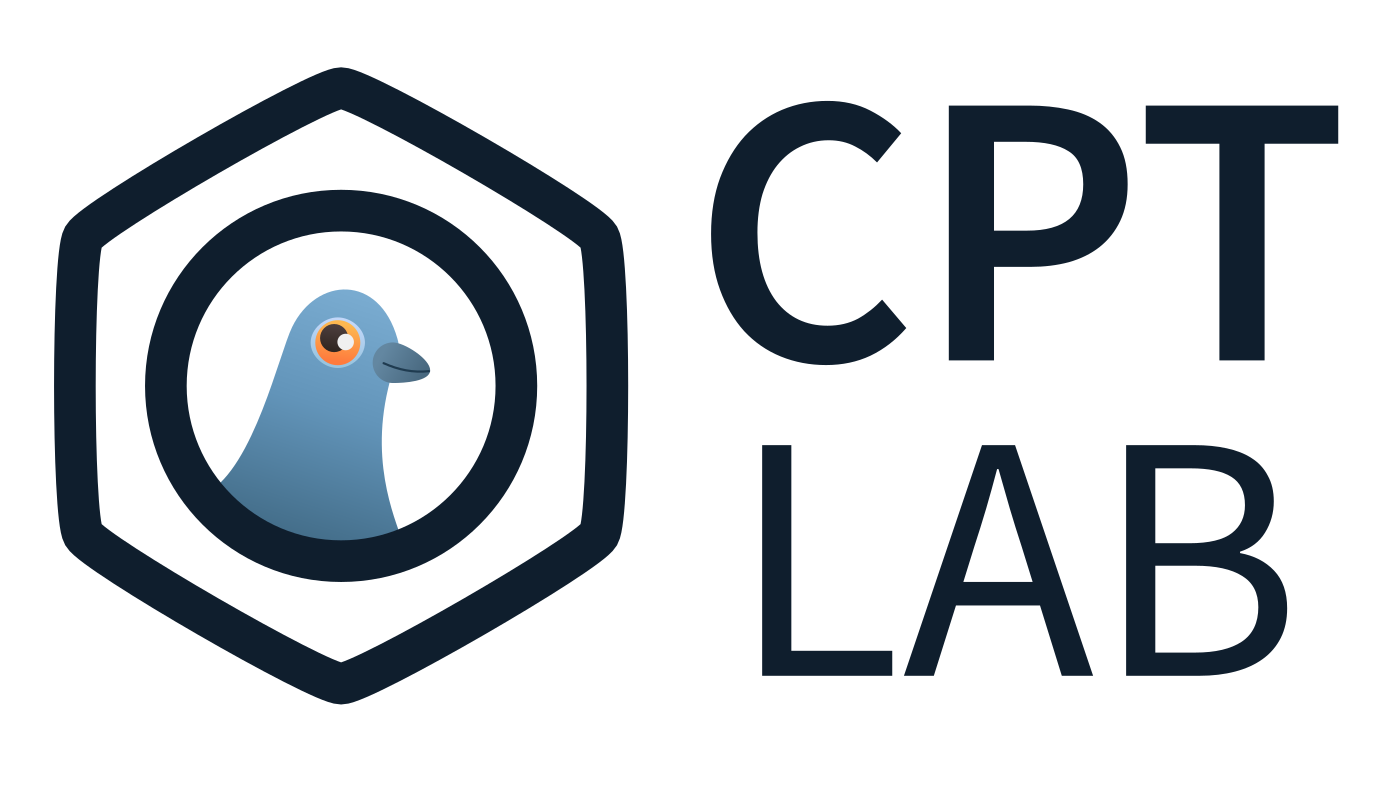Computational Pharmacology
and Toxicology Laboratory
>>> Where biomedical science meets scientific computing
Our research topics
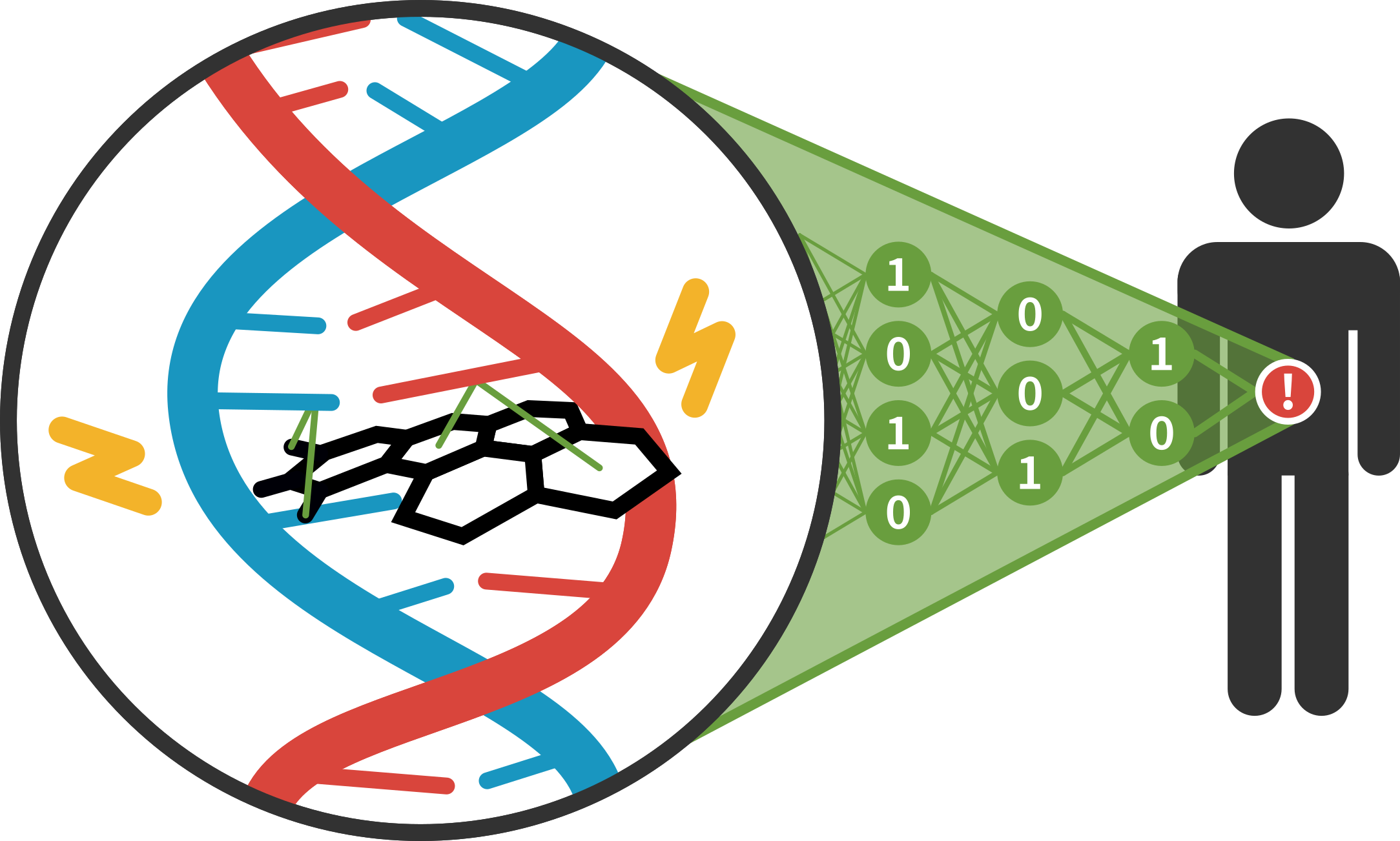
In silico toxicology
Our primary research focus is understanding the adverse effects of chemicals on living organisms. We employ computer-based in silico methods to predict the interactions between cellular components and potentially toxic chemicals such as medications, industrial substances, and environmental pollutants. These computations reveal molecular properties which are modelled to a variety of adverse outcomes including cancer, immune sensitisation, and endocrine disruption.
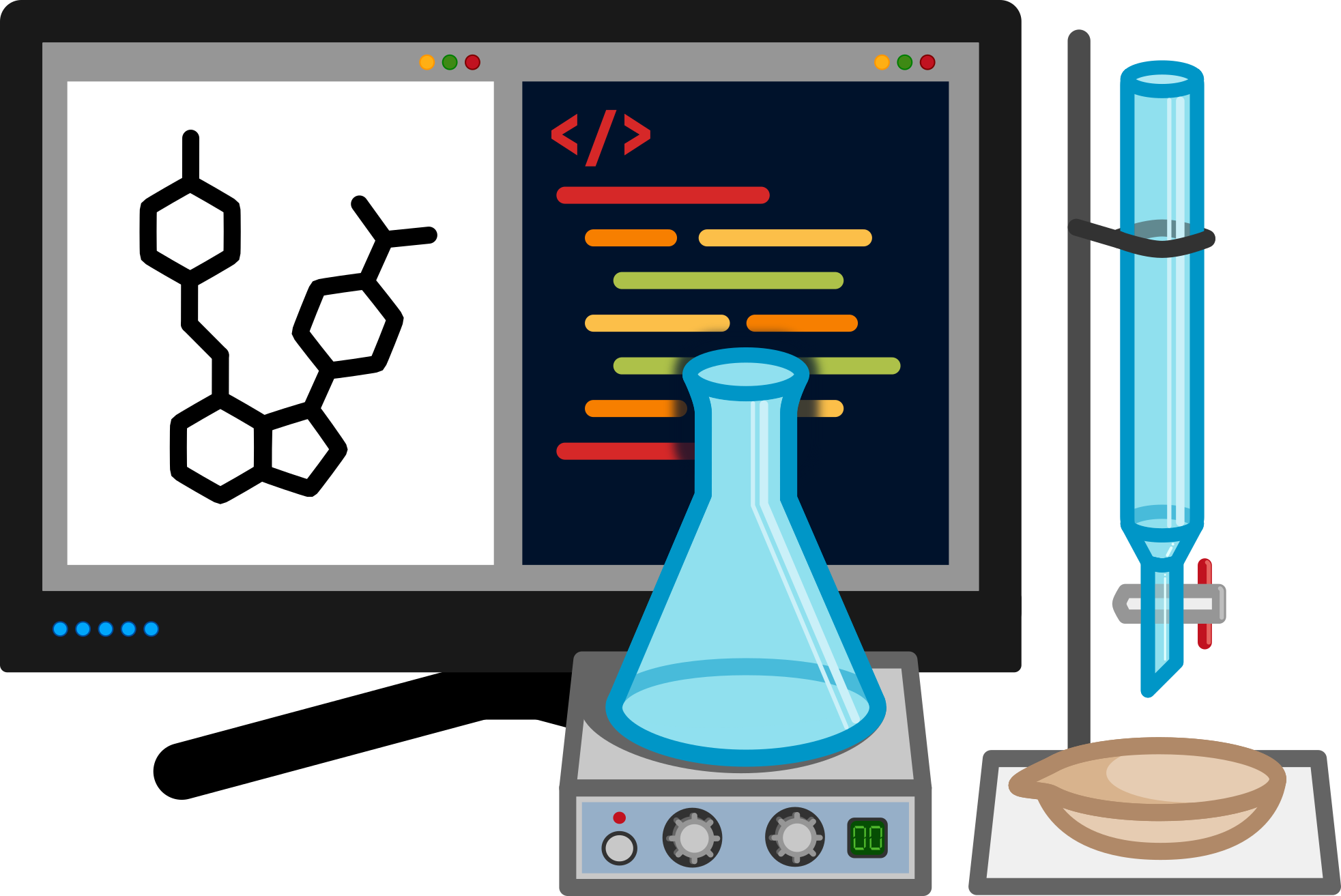
Computer-aided drug design
The knowledge we gain about how chemicals interact with biological systems enables us to adapt our research to design molecules with therapeutic potential. We utilise in silico methods to generate drug candidate structures and predict their properties to quantify how well they work. We have successfully applied our techniques on various drug classes including anti-malarials and kinase inhibitors.

Translational and regulatory science
A major element of our work is translating our basic research into practical tools that support real world decisions. We actively collaborate with regulatory scientists to better understand which substances should be prioritised for risk assessment. We also participate in international predictive toxicology and drug design challenges to validate our techniques amongst academic and industry standards.
Our research methods
Machine learning
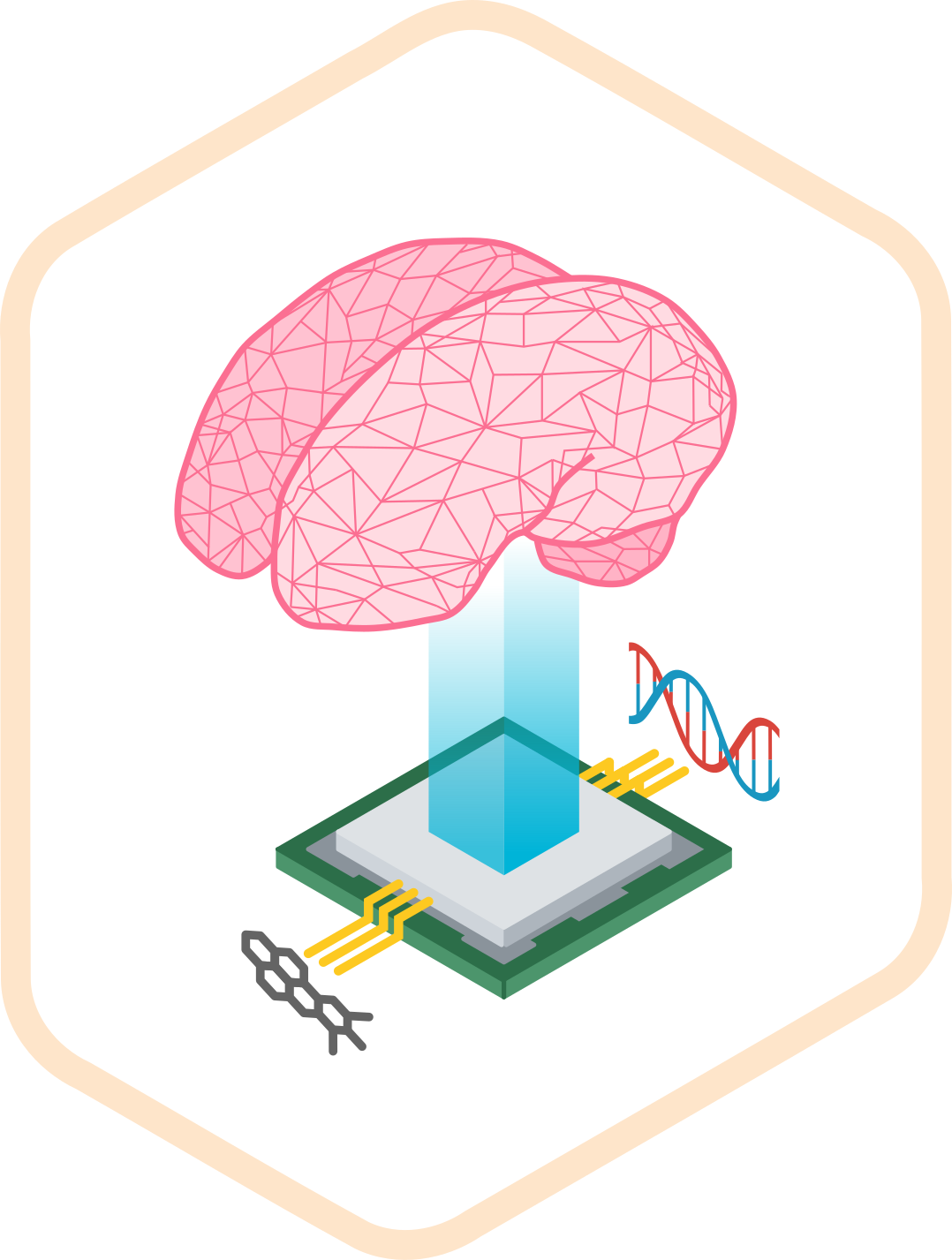
Cheminformatics and machine learning are used to search large chemical databases and extract quantitative structure-activity relationships between molecular properties and biological activities.
Molecular modelling
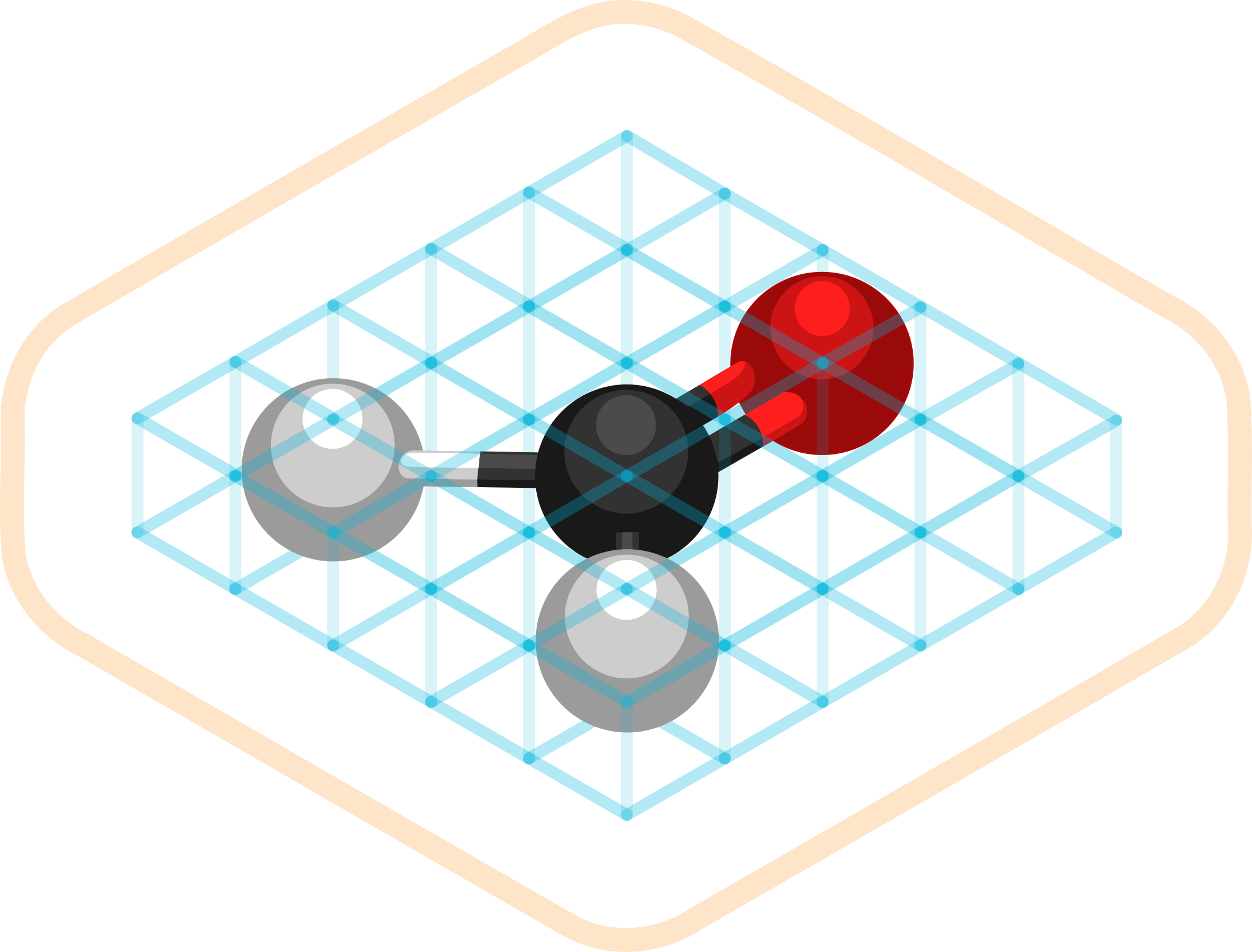
Theoretical and computational chemistry are used to resolve molecular structures with high accuracy and calculate physical, chemical, and electronic properties that drive bioactivity.
High-performance computing
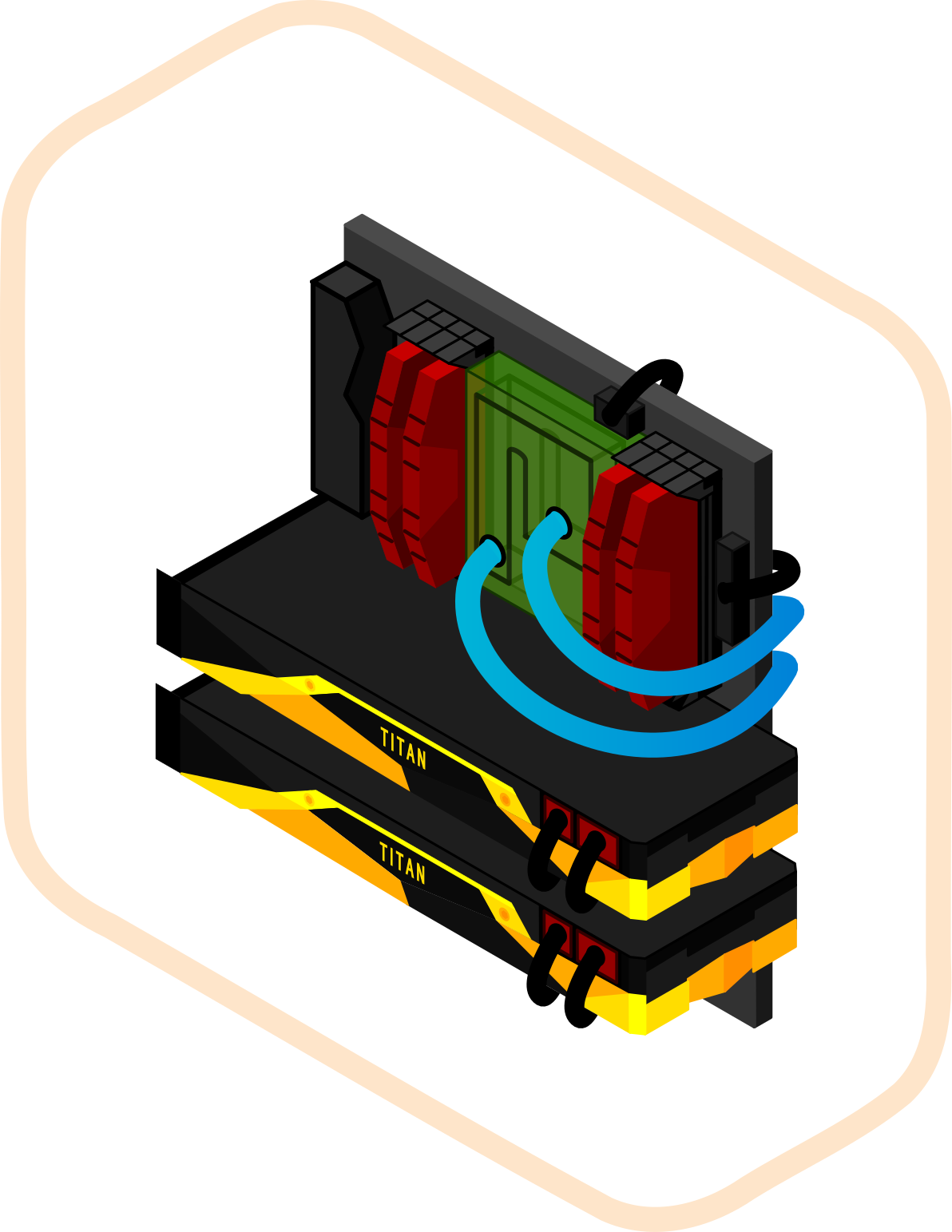
We maintain a network of workstations, featuring high end desktop processors and professional graphics cards awarded by NVIDIA®, capable of accelerating our computations and enabling more experiments to be conducted.
